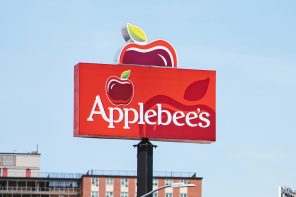Foodservice companies are now using augmented reality (AR) as both an entertainment tool, and a utility in order to keep up with technology trends. GlobalData estimates that the global AR market was worth $7 billion in 2020, and is expected to grow 36 percent annually for the next ten years.
AR is becoming a popular way for foodservice companies to engage with their customers. Starbucks partnered with Alibaba in 2017, to bring the cultivation, roastery and serving process to life for customers at its Shanghai Reserve Roastery. In 2020, Domino's launched a webAR with 8th Wall, taking customers on a virtual world tour of the cheeses on the new World 10 Cheese Quattro pizza.
When it comes to foodservice, Yum China uses smart glasses to monitor serving procedures and real-time ordering, and Sodexo uses smart glasses for remote support across seven countries. Unfortunately, efficiency does not yet outweigh the high cost of AR smart glasses and will restrict the implementation of such technology in larger food services suppliers in the short term.
"GlobalData expects increasing adoption of AR in the future due to the rising acceptance of QR codes, which provides an easy route to initiate AR content on a screen. Asian Big Tech players like Alibaba and specialist AR vendors such as peAR Technologies and Grub Lab will push foodservice companies to adopt AR as a channel to enter the metaverse,” said Jemima Walker, Associate Analyst in Thematic Team at GlobalData.






